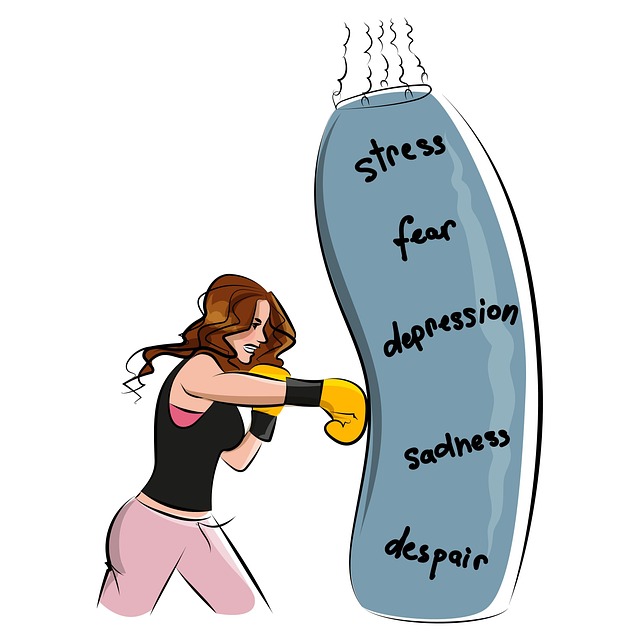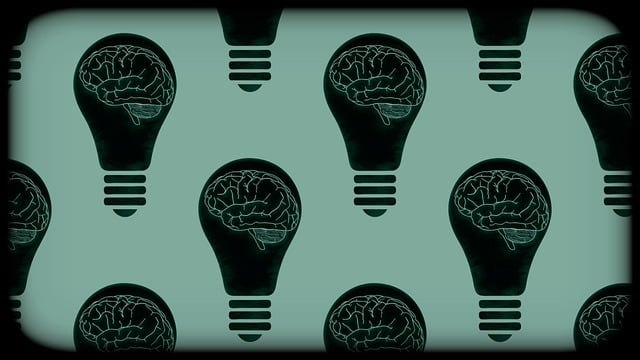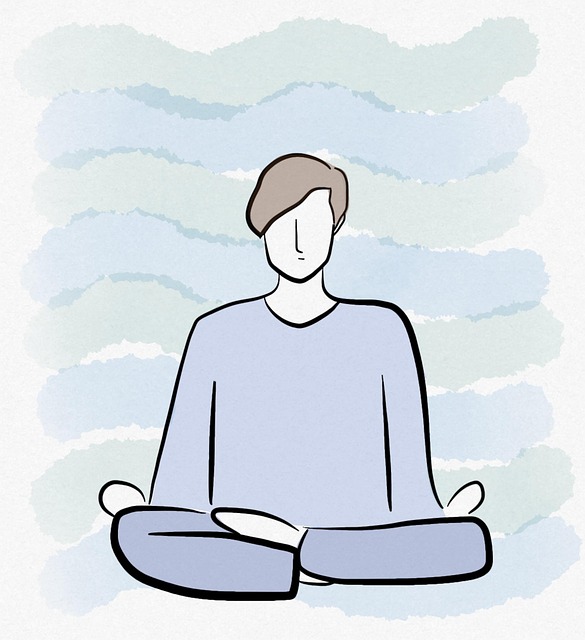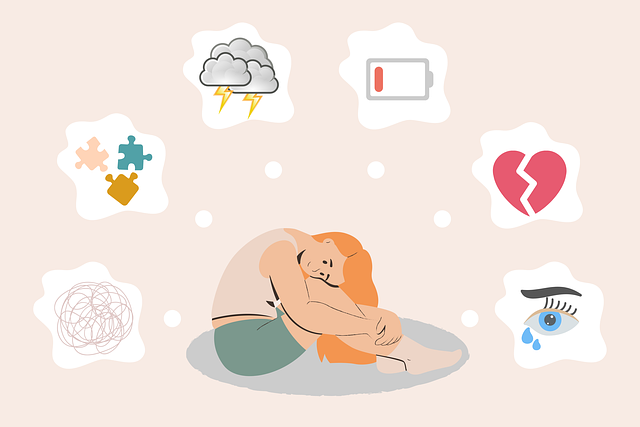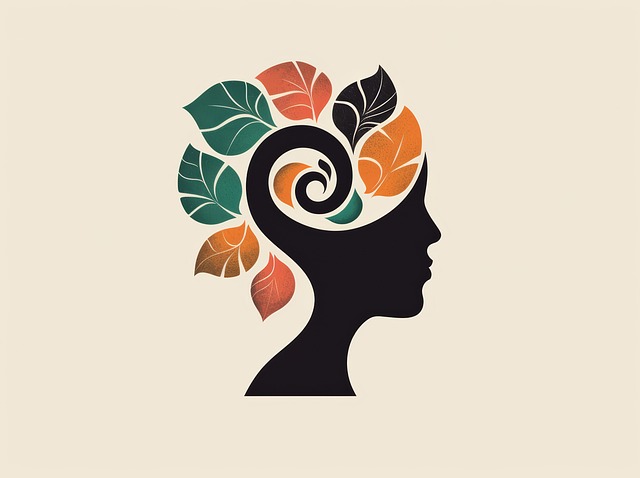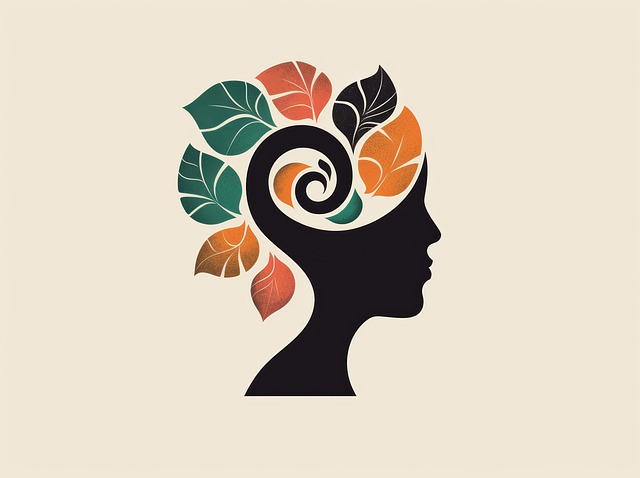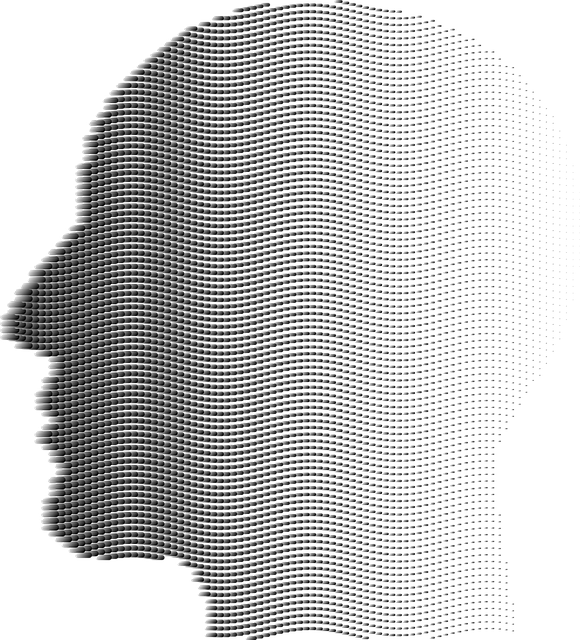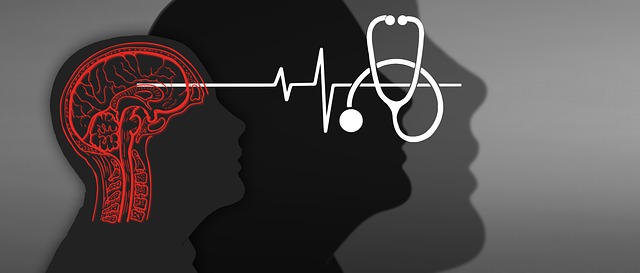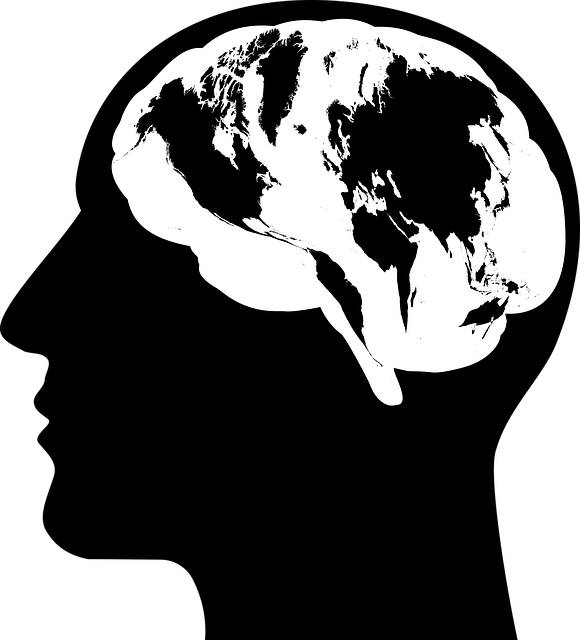Resilience is key to mental well-being for individuals with conditions like Centennial Dissociative Disorder (CDD), and Recovery-Focused Management (RFM) offers a structured path to building it through strengths, resources, and meaning. RFM encourages coping skills like mindfulness meditation, effective in reducing CDD symptoms and enhancing mental health. Community outreach programs support these initiatives, fostering social connections and strengthening support networks. Dissociative disorders hinder emotional regulation, but specialized therapies like CBT and EMDR in Centennial Dissociative Disorder Therapy help integrate fragmented memories for better control. Cultural sensitivity ensures tailored stress reduction methods. Incorporating daily resilience practices, such as mindfulness and physical activity, boosts mood and adaptability, complementing traditional therapies. CDDT integrates Risk Management Planning for complex trauma and dissociation, enhanced by cultural competency training for diverse client backgrounds.
Resilience is a key factor in overcoming challenges, especially for individuals with dissociation disorders. This article explores the powerful combination of RFM (Resourceful Living Model) and its role in building emotional resilience. We delve into the impact of dissociation on emotional regulation and present practical exercises to enhance daily life resiliency. Furthermore, we discuss integrating RFM into Centennial Dissociative Disorder Therapy, offering a comprehensive approach to healing and empowerment for those navigating this complex disorder.
- Understanding RFM and its Role in Resilience Building
- The Impact of Dissociative Disorders on Emotional Regulation
- Practical Exercises for Enhancing Resiliency in Daily Life
- Integrating RFM into Centennial Dissociative Disorder Therapy
Understanding RFM and its Role in Resilience Building

Resilience is a critical component of mental health, especially for individuals dealing with conditions like Centennial Dissociative Disorder (CDD). RFM, or Recovery-Focused Management, offers a structured approach to building this resilience. By focusing on Strengths, Resources, and Meaning, RFM helps individuals navigate challenges and setbacks, fostering a sense of control and purpose. This therapeutic framework encourages the development of coping skills, such as mindfulness meditation, which is proven to reduce symptoms of dissociation and enhance overall well-being.
Community outreach programs play a significant role in supporting RFM initiatives. These programs provide opportunities for social connection and shared experiences, strengthening support networks essential for resilience. Integrating coping skills development through workshops and group sessions can empower individuals to manage their mental health effectively. Mindfulness meditation, as a core practice, helps participants cultivate present-moment awareness, reducing the impact of traumatic memories associated with CDD and promoting emotional regulation.
The Impact of Dissociative Disorders on Emotional Regulation

Dissociative disorders, such as Dissociative Identity Disorder (DID), can significantly impact an individual’s ability to regulate emotions effectively. This complex mental health condition often involves a disconnection from one’s thoughts, memories, and feelings, leading to a distorted sense of self. When left untreated, dissociative disorders can result in chronic emotional dysregulation, making it challenging for individuals to manage and express their emotions healthily. The symptoms can range from feeling detached and disconnected to experiencing intense mood swings and even episodes of amnesia.
Centennial Dissociative Disorder Therapy focuses on addressing these challenges by helping patients develop healthier coping mechanisms and enhance their emotional awareness. Through specialized therapeutic approaches, such as cognitive behavioral therapy (CBT) and eye movement desensitization and reprocessing (EMDR), individuals can learn to integrate their fragmented memories and experiences, thereby improving their emotional regulation. Incorporating Cultural Sensitivity in Mental Healthcare Practice is essential, as it ensures that therapies are tailored to the unique needs of diverse populations, promoting effective stress reduction methods suitable for everyone.
Practical Exercises for Enhancing Resiliency in Daily Life

Incorporating resilience into daily life is a powerful tool for navigating stress and adversity. Beyond traditional therapy methods like Centennial Dissociative Disorder Therapy, practical exercises can significantly enhance an individual’s ability to bounce back from challenges. Simple yet effective practices such as mindfulness meditation encourage staying grounded in the present moment, thereby reducing the impact of anxious thoughts or flashbacks. By cultivating awareness of bodily sensations and breathing patterns, individuals can regain a sense of control and calmness even in overwhelming situations.
Additionally, engaging in regular physical activity is a renowned stress reliever that boosts mood and enhances overall well-being. Whether it’s a walk in nature, yoga, or dancing, these activities promote the release of endorphins, Nature’s very own mood elevators. Incorporating conflict resolution techniques through open communication and practicing the art of letting go can further strengthen one’s resilience. Adopting mind over matter principles, where individuals consciously choose to reframe negative thoughts as opportunities for growth, is another powerful strategy. These simple yet profound practices collectively contribute to building a resilient mindset, enabling individuals to face life’s curveballs with enhanced strength and adaptability.
Integrating RFM into Centennial Dissociative Disorder Therapy

Centennial Dissociative Disorder Therapy (CDDT) is a specialized approach designed to help individuals coping with complex trauma and dissociation. Integrating Risk Management Planning for Mental Health Professionals principles into CDDT can significantly enhance resilience building exercises. By focusing on anticipatory guidance, safety planning, and cultural sensitivity in mental healthcare practice, therapists can create a more secure therapeutic environment. This holistic approach ensures that clients are not only treated but also equipped with the tools to navigate life’s challenges, fostering true recovery and improved quality of life.
Furthermore, Healthcare Provider Cultural Competency Training is vital in this context as it promotes understanding and appreciation for diverse client backgrounds. Recognizing and addressing cultural factors can prevent potential risks associated with miscommunication or misinterpretation. This sensitivity enables therapists to tailor their practices, ensuring every client receives care that respects and validates their unique experiences, ultimately strengthening the therapeutic bond and outcome.
Resilience is a key component in managing and overcoming challenges, especially for individuals dealing with dissociative disorders. By integrating RFM (Resourceful Facilitation Model) exercises into Centennial Dissociative Disorder Therapy, professionals can empower patients to navigate emotional regulations more effectively. The practical applications discussed in this article offer tangible ways to build resiliency in daily life, fostering a sense of control and adaptability. This holistic approach, combining theoretical understanding with practical tools, has the potential to significantly enhance therapeutic outcomes for those navigating dissociative disorders.


